$26.90
Pleasant herbal tea for gentle help with colds. Medicinal plants that are included in tea Evalar BIO with a cold, contribute to the speedy recovery from cold and maintain immunity. 100% natural composition. Most of the herbs that make up, are collected in Altai or grown on their own Evalar plantations in the ecologically clean foothills of Altai without the use of chemicals and pesticides.
99 in stock
Medicinal plants that are included in Evalar BIO tea for colds, contribute to the speedy recovery from colds and the maintenance of immunity.
How do the ingredients work?
Brier – a shrub of the Rosaceae family (Rosaceae), uses its fruits, harvested and dried during full ripening. Apply the fruits of various types of wild rose (rose):
May rosehip (cinnamon rosehip) – R. majalis (R. cinnamomea), wrinkled rosehip – R. rugosa, Daurian rosehip, R. acicularis dogrose, dog rosehip – R . canina, and other types of roses. Active ingredients: 0.2-5% of vitamin C, carotenoids, tocopherols, other vitamins (A, B, K, P), minerals, organic acids – citric and malic, flavonoids, tannins, sugar (up to 24%).
The presence of these substances makes rose hips a valuable plant, tea from which is popular as a preventive measure against colds, which increases the body’s defenses. In addition, its effect on the adrenal glands, that is, on the formation of hormones important for the organism and, consequently, on the increase of vitality, has been proven. If in other teas the content of vitamins is usually rapidly reduced, then rosehip tea retains the full amount of vitamins within a few hours.
Sea buckthorn – (Hippophae rhamnoides) – shrub of the Loch family (Elaeagnaceae). With the purpose of treatment using fruits, seeds, bark and leaves. The leaves contain coumarins, triterpenic acids (ursolic and oleanolic), vitamin C, vitamins of group B, nicotinic acid, inositol, folic acid, polyphenols, incl. tannins. Tannins (ellagothanins) have antiviral activity, and the mechanism of action of ellagotanins is based on the directional effect on the suppression of the life cycle of viral particles. As a result, the level of infected cells in the body rapidly decreases, which contributes to the restoration of a healthy state of the body, and they additionally increase the level of interferon production, increasing its content in the blood, which has a positive effect on increasing the body’s resistance to various viral infections.
Sea buckthorn leaves are used in herbal teas as a vitamin and component rich in flavonoids. In China, a new promising tea product is made from young leaves of sea buckthorn, fermenting them according to a technology similar to that of tea 6.
Chamomile – (Chamomilla officinalis is a synonym for Matricaria recutita) of the Aster family (Asteraceae) – Asteraceae is an annual herb. For medical needs chamomile inflorescence harvested.
Chamomile inflorescences contain an essential oil consisting of the main biologically active component – chamazulene, its predecessor – prohamazulene and other monoterpenes and sesquiterpenes. Sesquiterpene hydrocarbons (farnesen and cadinene), sesquiterpene alcohols (bisabolol, bisabolol oxide, ketospirt) and caprylic acid are found in the essential oil. The flowers of the plant contain flavonoids, coumarins, sitosterol, choline, carotene, ascorbic acid and polysaccharides.
The effect of chamomile preparations on the body is due to the complex of pharmacological properties of the physiologically active substances contained in the plant (essential oil, azulene, flavonoids, polysaccharides, vitamins, etc.). Chamomile preparations have anti-inflammatory, antispasmodic, antiseptic, sedative and some analgesic effect 7.
In the Middle Ages and now in some countries, chamomile tea is common. Tea is drunk with honey or sugar and cream.
Basil – (Ocimmum basilicum) is an annual fragrant plant of the family Yasnotkovye (labium flowers). The grass collected in the budding phase contains an essential oil that contains methylhavicol, cyneol, otsimen, linalool, eugenol, camphor, as well as saponins, flavonoids, anthocyanins, carotene, tannin, etc.
It has a tonic, anti-inflammatory, antitussive, diuretic, wound-healing effect, stimulates gastric secretion. Applied with inflammatory diseases of the upper respiratory tract, chronic gastritis, enterocolitis, inflammatory diseases of the kidneys and urinary tract, prostatitis, asthenia, impaired blood circulation.
Eat fresh and dried leaves and tops of young shoots that have a pleasant smell. Basil is added as a spice to many meat and vegetable dishes, when salting cucumbers and tomatoes, for making sauces and salads. In Central Asia and the Caucasus, basil is widely used for the production of non-alcoholic soft drinks.
Linden tree (Tilia) is a large deciduous tree from the family of linden trees (Tiliaceae).
Linden flowers contain flavonoids, polysaccharides (mucous substances), essential oil, saponins, tannins, carotene, ascorbic acid.
Hot infusion of linden flowers is widely used in traditional medicine in various countries as a strong diaphoretic, antipyretic, anticonvulsant, anti-inflammatory and anesthetic. Another action that exceeds the diaphoretic is noticeable – it is an increase in the body’s defenses. Linden flower tea has a magnificent aroma and taste, so children readily drink it.
Linden flowers (linden flowers) are widely used for the preparation of herbal tea, as well as in multi-component collections.
The advantages of teas “Evalar BIO”:
- 100% natural composition. Most of the herbs that make up, are collected in Altai or grown on their own Evalar plantations in the ecologically clean foothills of Altai without the use of chemicals and pesticides;
- High microbiological purity of teas is provided by a mild method of processing – “instant steam” – on a modern French installation;
- For the best preservation of healing properties, delicate taste and aroma of herbal tea, each filter bag is individually packaged in a multi-layered protective envelope.
Composition:
rosehips, sea buckthorn leaves, chamomile flowers, basil grass, linden flowers.
2 filter packages (3.0 g) per day provide at least 12 mg of flavonoids in terms of rutin and at least 120 mg of tannins, which is 40% of the adequate level of each consumption.
Recommendations for use:
1 filter bag (empty from the individual package), pour 1 cup boiling water (200 ml), leave for 5-10 minutes. Adults take 1 glass 2 times a day with meals.
Duration of reception is 5-10 days. If necessary, the reception can be repeated.
Contraindications:
Individual intolerance to the components, pregnancy, breastfeeding. Before use, it is recommended to consult a doctor.
Shelf life:
3 years
Storage conditions:
Store at a temperature not higher than 25 °С
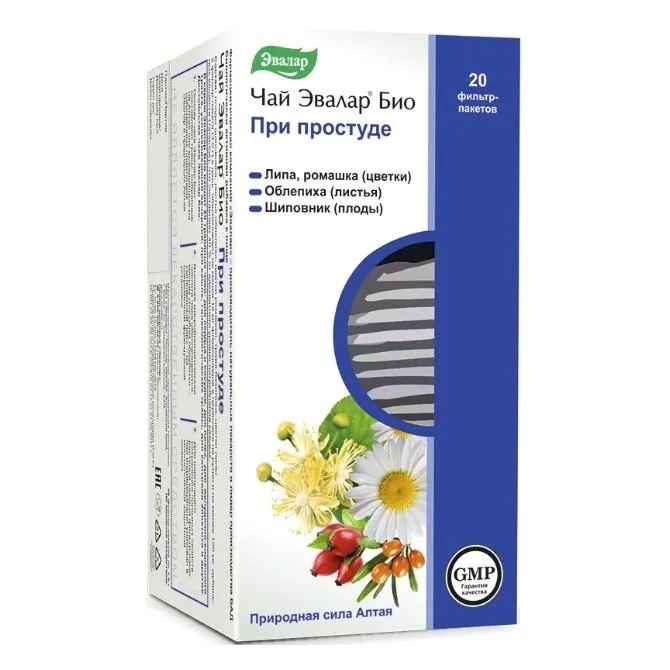
| Weight | 0.1 kg |
|---|
Be the first to review “ORGANIC HERBAL TEA ANTI snuffle, colds with Sea buckthorn & Chamomile, BIO х 3” Cancel reply
Related products
Cold remedies


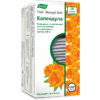


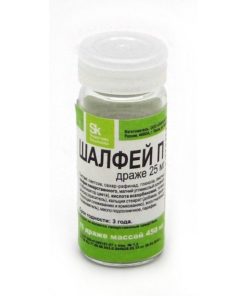
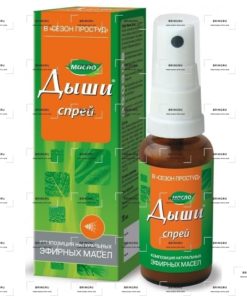
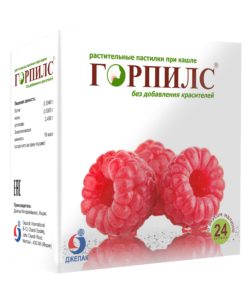
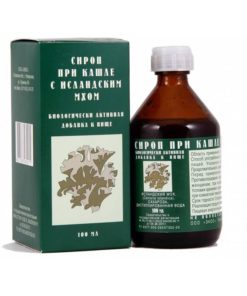


Reviews
There are no reviews yet.